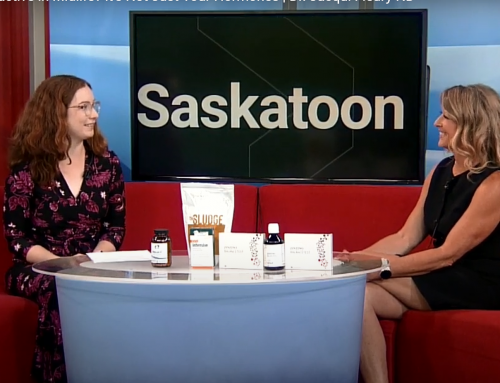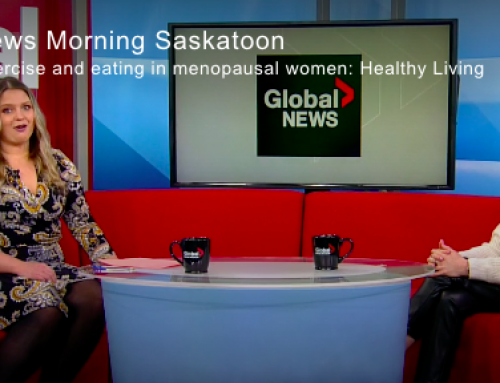“Is this Menopause?”
A question I hear ALL the time.
And it’s often one of the first things a woman wonders about when she starts to see her body transform, literally overnight it seems, to a body that she hardly recognizes. Weight gain around the middle, dry hair, skin and nails, brain fog, sadness and overall moodiness, loss of interest in sex, poor sleep, and of course this list wouldn’t be complete without hot flashes and night sweats.
And yes, these symptoms DO describe what a woman might experience as she goes through menopause. But when a women in her early 40’s wonders if she is hitting menopause because she is feeling these symptoms, it’s usually because there doesn’t seem to be any other explanation for why these things are happening.
She may have been to her doctor to find out if she is headed into menopause (she is wondering if there is some bloodwork she should get tested or any other tests to run to make sure she’s doing everything she can to prepare herself for the changes her body is going through), only to be told it’s likely her hormones and that there is nothing she can do other than take an anti-depressant for her sadness and/or sleep medications and something for the hot flashes.
So what does this mean when a doctor says to a woman “it’s your hormones”? Well, that’s a good question, isn’t it?
First of all, let’s take a minute to define two terms I’m sure you’ve heard a lot but may not fully “get”.
- Menopause – when you have gone one full year without a period, you are in menopause.
- Perimenopause – the time leading into menopause before you’ve gone a full year without a period.
So when does perimenopause start? And what defines the changes that are happening in perimenopause? Well, this one is not cut and dry AT ALL!
So let’s circle back to the woman in her early to mid 40’s who is noticing changes in her body, is still having a monthly period, has been exercising the same, eating the same, under the same amount of stress, but all of a sudden is noticing changes. Because women are conditioned to blame most of their symptoms on “their hormones” (this can stem way back even to their 20’s or 30’s), they just assume this must be another problem with their hormones.
And this is where the opportunity exists for this woman to take action! Because this is almost always NOT menopause. And “perimenopause” doesn’t really offer up any guidance in terms of what to do about all these changes happening. Chalking all of this up to “perimenopause” is like seeing the check engine light come on in the car and waiting for the engine to blow before heading to the mechanic.
The problem is, if you don’t know how to get to the root of all these symptoms, a woman can be left feeling scared, powerless, and just plain yucky because they just don’t feel like themselves.
I feel pretty connected to these women I have described above, since I’ve been working with this kind of scenario for over 20 years. And the good news is that there is so much more a women can be doing to deal with the changes she is feeling in her 40’s, so that when she does actually hit menopause she is proactively positioned to have a smooth transition. Because what she is feeling is typically NOT because of her estrogen and progesterone, but more to do with all the other factors that play into the way her hormones work in her body.
If you can relate to what I am sharing, or know of someone who might relate to this, please share this with them so that they can feel empowered to take action now before they feel any more awful. Women are intuitive and wise and know when something doesn’t feel right. And when given a plan and a guide to help them feel better, many women I know would jump at the chance to get back to feeling in control and more like themselves again.
To find out more, you can watch the interview above that I did on Global, or you can watch my masterclass where I dive a little deeper into this topic.
Bottom line, I want you to know that you are not alone in trying to figure this out, and that there are solutions that work to address the root cause of why you might feel the way you do.
Written By: Dr. Jacqui Fleury, ND





